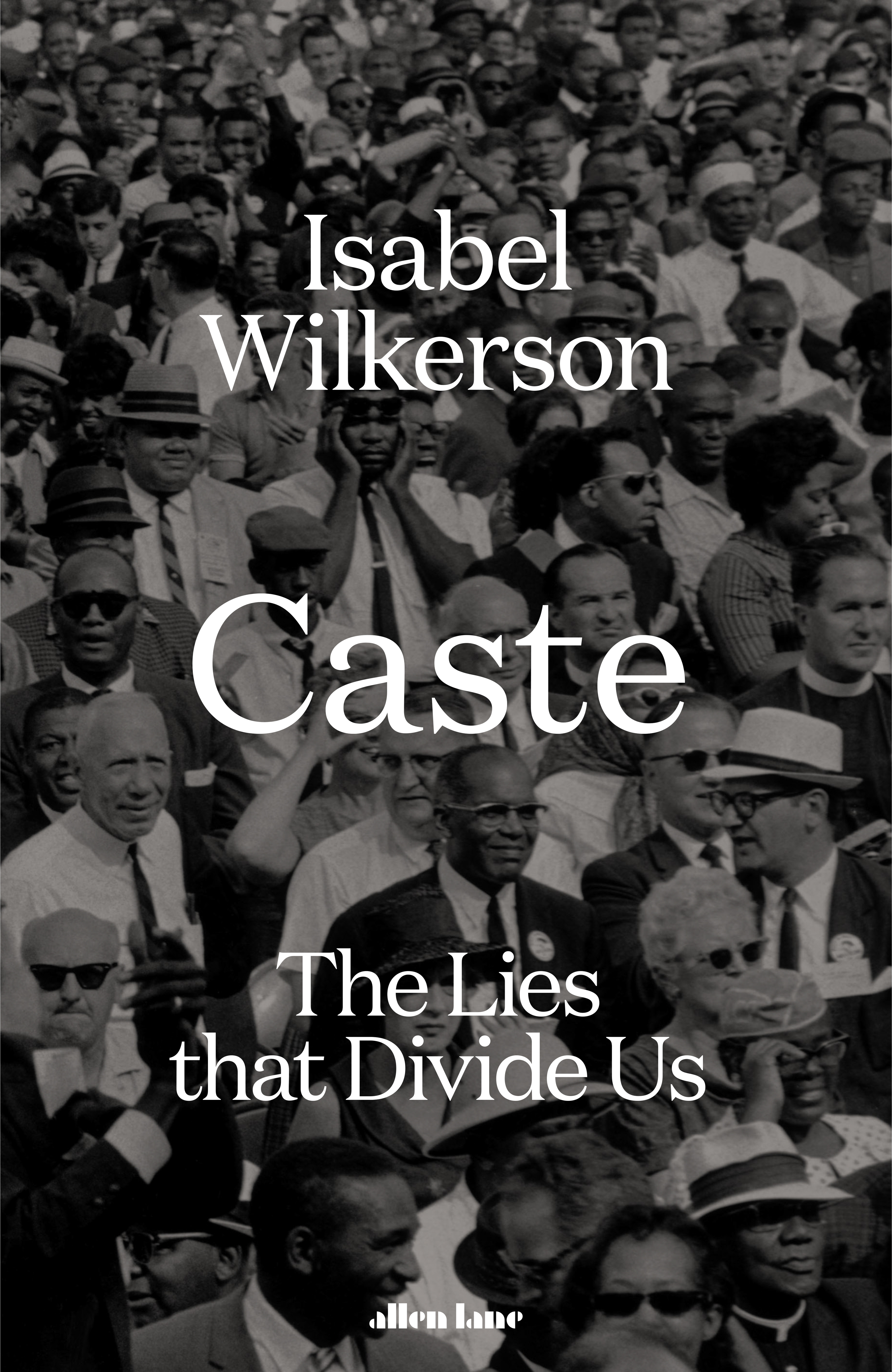
An old house is its own kind of devotional, a dowager aunt with a story to be coaxed out of her, a mystery, a series of interlocking puzzles awaiting solution. It had been building beyond perception for years. Over time, the welt in the ceiling became a wave that widened and bulged despite the new roof. This house had been built generations ago, and I had noticed the slightest welt in a corner of plaster in a spare bedroom and had chalked it up to idiosyncrasy. The inspector trained his infrared lens onto a misshapen bow in the ceiling, an invisible beam of light searching the layers of lath to test what the eye could not see. Click the media player above to hear Wilkerson’s conversation with Kai Ryssdal. In her new book, “ Caste: The Origins of our Discontents ,” Wilkerson explores that human hierarchy and describes America as an “old house” with a caste system “that is as central to its operation as are the studs and joists that we cannot see in the physical buildings we call home.” The following is an excerpt from the book. “So I adopted the term ‘caste’ and ‘caste system’ to convey the enormity of what they were dealing with there.”

“I found that the word ‘racism’ was insufficient to capture the rigid social hierarchy and the repression that they were born into,” she told Marketplace’s Kai Ryssdal.

But not once in the 600-page narrative does the word “racism” appear. Pulitzer-Prize winning author Isabel Wilkerson’s first book, “ The Warmth of Other Suns,” tells the story of African Americans fleeing the American South during the Jim Crow era.


 0 kommentar(er)
0 kommentar(er)
